Steven Nolt on the 2019 Amish Health & Well-Being Conference
The Young Center at Elizabethtown College (Elizabethtown, PA) will host the conference “Health & Well-Being in Amish Society”, taking place June 6th-8th.
I asked Young Center Senior Scholar Steven Nolt if he would share more on this event, for those who might be interested in attending. You’ll find his answers to my questions below.
I plan to be there, so if you are too, I hope we’ll have a chance to say hello.
I’ll just point out here that the early-bird registration discount runs until May 1 (next Wednesday).
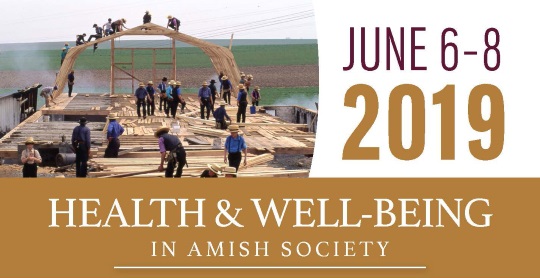
Steven Nolt on the “Health & Well-Being in Amish Society” Conference
Amish America: What will be covered at the conference? Who should attend?
Steven Nolt: Our conference focuses on health, healing, health care, and individual and community welfare and well-being in Amish life. The program addresses everything from medical genetics and health care policy to mental health care and best practices for hospitals seeking to serve Plain community patients.
The conference includes twenty-four sessions. There are four plenary speakers and twenty other paper sessions, seminars and panel discussions arranged in five blocks with four options in each block.
The conference is for anyone who serves or studies Amish or other Plain communities, but it will be especially important for health care providers, social workers, mental health providers, and medical researchers. In addition to gaining new knowledge and insights, attendees will be able to network with others working in their fields.
What are some of the more relevant issues regarding health and well-being for the Amish?
Steven Nolt: When many folks hear the words “Amish” and “medicine,” they immediately think of genetics. And that association is vital. Since at least 1964, with the publication of the essay “Genetic Studies of the Amish,” by Victor McKusick, John Hostetler, and Janice Egeland, scholars have identified the unique contribution that Amish communities play in advancing medical knowledge. A number of sessions at our conference will address ongoing and cutting-edge genetic research.
A second, and I think equally important, issue involves effectively bridging the cultural gap that sometimes exists between medical professionals and Plain community members. Medical staff at all levels have come to realize that culturally appropriate approaches to care are essential for serving any population, including members of Plain Anabaptist churches.
With new Amish settlements springing up across the country, more and more hospitals and clinics are finding Plain patients in their waiting rooms. Professionals want to engage appropriately and are seeking information on Plain community approaches to alternative medicine, immunization, end-of-life issues, and approaches to insurance and payment.
Could you tell us about a few of the speakers and what they’ll be sharing?
We have a great line-up of presenters, but I’ll highlight the four plenary speakers.
Keynote speaker Dr. Joseph B. Martin, the Lefler Professor Emeritus of Neurobiology and former dean of Harvard Medical School, will review recent developments in medical genetics that offer the promise of new treatments and that also raise important questions for researchers, doctors, and patients.
On Friday, Martha King, a medical anthropologist at the University of North Carolina-Chapel Hill who has studied Amish understandings of the body and health, will discuss medical decision-making and health care choices in Amish circles.
Melissa Thomas, a professor of public health at Ohio University Heritage College of Osteopathic Medicine, will draw on her experience as founding director of the nonprofit Center for Appalachia Research in Cancer Education (CARE) to present a model for effective community engagement in Amish and Plain communities that puts the communities center stage.
On Saturday, Katherine Hempstead, a senior policy adviser at the Robert Wood Johnson Foundation, will speak about the Amish as health care consumers, and how their approach fits within the broader scope of payment and fees in U.S. health care and what we might learn from such comparisons.
What are some of the more unique or unusual aspects of the Amish approach to health and well-being?
Many Amish engage a range of health care resources, from scientific biomedical therapies to complementary and alternative medicine (such as chiropractic and homeopathic treatment) to folk medicine, and they often combine treatment from these different approaches. Medical professionals are sometime surprised by this sort of combination. At the same time, awareness of Amish practices has led, in some cases, to biomedical studies of such practices, such those surrounding treating burns and wounds with burdock-based salve.
What are some changes that have occurred in the Amish approach to health care?
The rise of new technology in health care and the often skyrocketing cost of health care are two developments that impact the Amish, and all Americans. How Amish patients choose to engage or not engage medical technologies, and the various creative ways they have found to negotiate costs and payment models illustrates not only the diversity in the Amish world but also points out some of the strengths and weaknesses of the American health care system.
Another development in the past generation or two has been the way Amish folks have become key players in genetic research that not only benefits them but also the wider public. These studies involve not only harmful or debilitating conditions, which might come to mind when we think of inherited disorders, but also the identification of genes that provide highly beneficial or protective predispositions.
Will there be Amish and Plain community attendees?
Previous Young Center conferences have drawn Amish and Plain community attendees and we expect that pattern of participation continues this year. Old Order Mennonites will be part of discussion panels in two sessions scheduled for Thursday and Friday.
What about additional tours or other opportunities at the conference? Any other points of interest or things people should know?
Three optional tours are available to registrants for an additional charge: a tour of Amish farms and agricultural enterprises; a tour of Amish businesses; and a tour of facilities that provide medical care for Amish patients. Tours take place on Thursday morning and include lunch in an Amish home. Tour participants return to Elizabethtown before the conference opens at 3 o’clock.
What are the details, and how and where can people sign up?
The conference is June 6-8, 2019. Register at www.etown.edu/amish2019 or by calling the Young Center at 717-361-1470. Register by May 1 to receive a discount. The registration deadline is May 20.


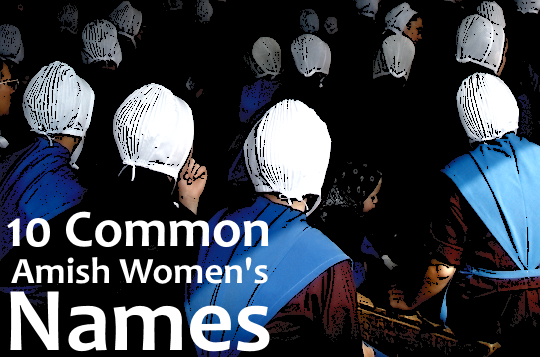
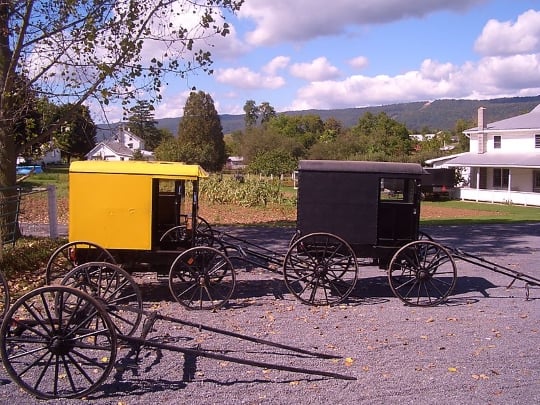

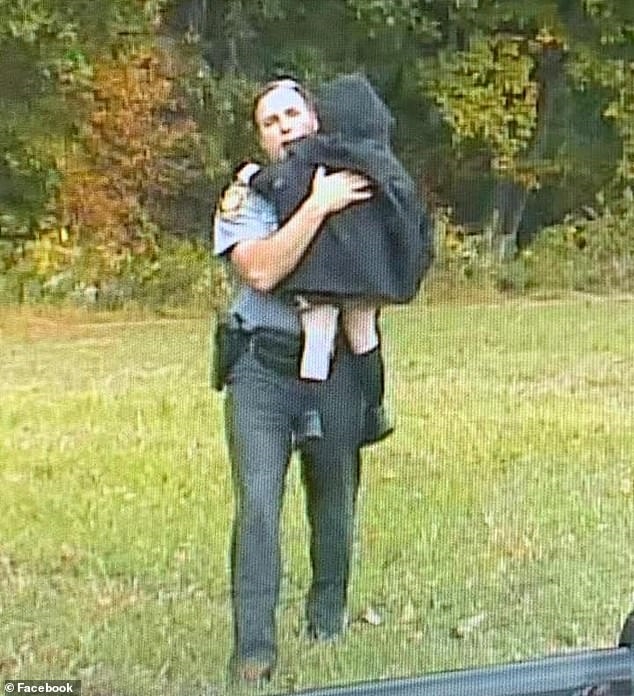
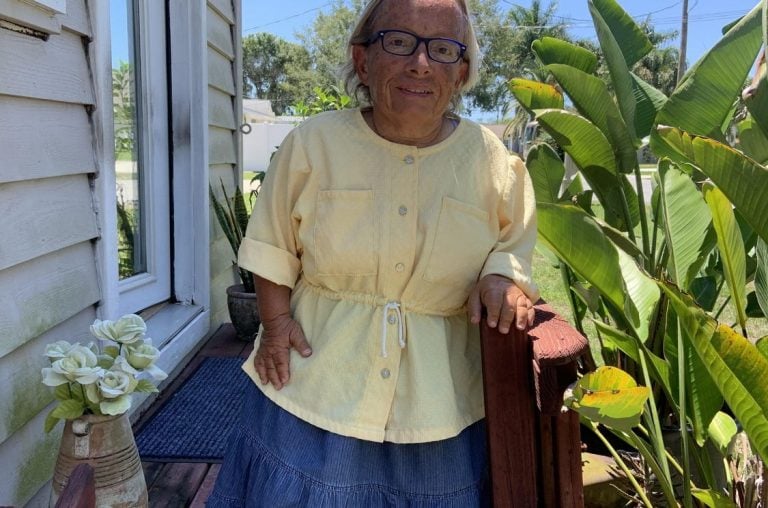
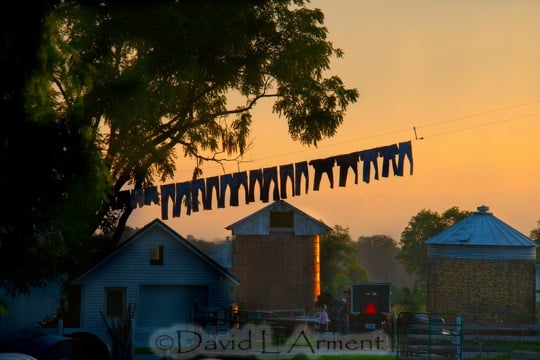
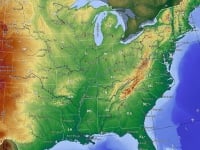
Wellness in Ohio Amish Country!
Dena Hershberger Schrock has a GREAT Conference in Ohio! 😉
DoTerra Certified Pure Essential Oils
I am very interested in sharing DoTerra essential oils and wellness products. I share with many families to help them using a natural alternative to health. Education is key to understanding and learning on how they work and how to use them properly!
Thank you for your time
Beckie McKee
419-632-4694
Health & Well-being
This sounds like a great line-up! Do we know if it will be livestreamed? I am particularly interested in a discussion with mental health professionals and hear how they work out any discrepancies between their ethical responsibilities and respecting the culture of Amish patients.